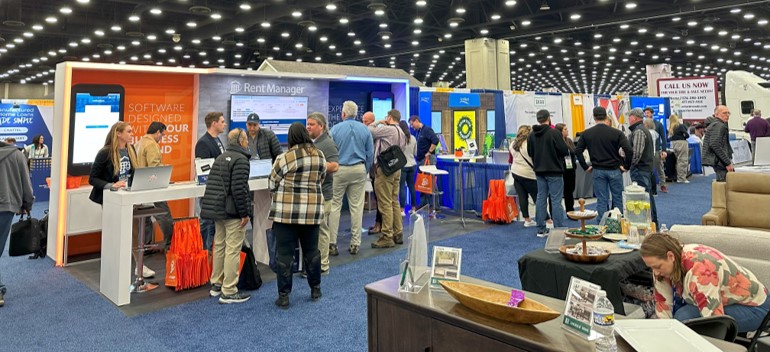Get out your Pen and Paper!
Recently, local, city, and state governments have limited the information housing providers can consider in the housing application process. This is similar to pre-employment screening, where employers have limits on the information they can use to screen potential employees. The list of cities and states that have passed laws or ordinances like these is long and wide-ranging. One of the most prominent of these laws is Ban the Box. Ban the Box laws prevent landlords from inquiring about criminal history as part of the application process.
While the legislators in these states are well-intentioned, these laws can cause impediments for rental housing providers. Occasionally, the impact of these laws and ordinances is that rental housing providers have an inadequate amount of information to determine potential financial and safety risks to their communities.
Ban the Box
Starting with one of the more basic limitations, “Ban the Box” laws prohibit landlords from inquiring about an applicant’s previous criminal history. Some cities have enacted ordinances that limit a landlord’s inquiry about criminal histories until after the housing provider has first determined that the applicant is legally eligible to rent and is qualified based on rental and housing criteria.
The below cities have passed some form of Ban the Box law:
- Richmond, CA (effective December 2016)
- San Francisco, CA (effective August 2014)
- Newark, NJ (effective April 2015)
- Washington, DC (effective February 2017)
- Detroit, MI (effective August 2019)
- Cook County, IL (passed and will be effective October 2019)
Restricted Use of Public Records
Many of these ordinances and some additional state laws further restrict housing providers (or in some cases only affordable housing providers) from using specific criminal offenses, crimes that are older than specified time frames, and criminal charges that did not result in a conviction. Additionally, other laws restrict housing providers from using eviction records, tax liens, and/or civil judgments as a factor in their rental housing decisions.
The below states or cities have passed some form of public record limitation law:
- Colorado (effective August 1, 2019)
- New York (related section effective July 14, 2019)
- Oregon (effective January 1, 2020)
- Seattle, WA (effective February 2018)
Are you “Ban the Box” Compliant?
As Rent Manager’s preferred screening partner, AmRent monitors these laws and implements necessary system and report display adjustments for our mutual customers. Our goal is to help you navigate a compliant path when accessing and using consumer reporting information.
AmRent communicates notifications to impacted companies verbally and/or electronically. If you received one of our emails about compliance changes in your state or city and have questions, please don’t hesitate to reach out to learn more about your obligations. Our goal is to help safeguard our customers from potential legal risks surrounding the improper use of information delivered in screening reports.
Visit AmRent.com and navigate to the Resources page to find additional information regarding compliance obligations impacting consumer reporting agencies and users of consumer reports. Download National Criminal Database: Myth or Reality to learn about access restrictions and regulatory requirements surrounding criminal records. Finally, stay engaged and active on legislative or public policy committees to stay informed about newly introduced bills. Having an opportunity to weigh in early with your comments can help shape the outcome of these laws.
If your screening service is not delivered through Rent Manager from AmRent, check with your current provider to learn how they are managing compliance obligations for these state laws and city ordinances.
This information does not, and is not intended to, constitute legal advice. Instead, all information is for general informational purposes only. Consult with your legal counsel for requirements related to your company. Obligations related to application fees, adverse action notification, and completion of individualized assessments when considering criminal records should also be examined.
 Register for RMUC.25
Register for RMUC.25





